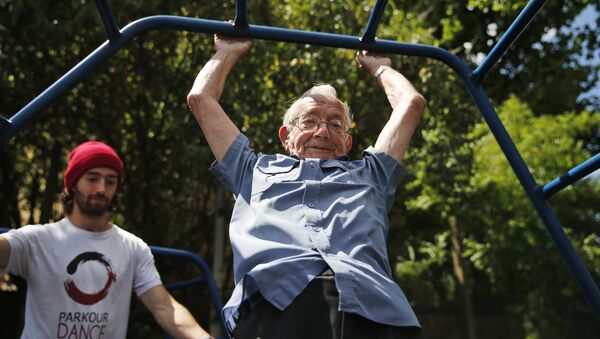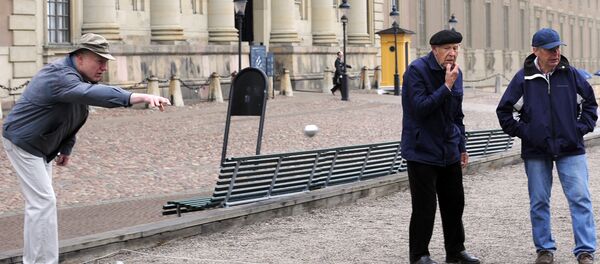According to Holger Rootzén, a professor of mathematical statistics at Chalmers and Gothenburg University, the American researchers calculated wrong. The real maximum age might actually be somewhat higher.
"They have not quite understood the fact that a record depends on how many times you have a go at it," Holger Rootzén told Swedish Radio.
According to Rootzén, the more people aged 110 and over are registered over a certain period of time, the higher the likelihood becomes that the maximum age will rise.
"One can become mixed up with an elder sibling, or one may have wanted to skip military draft and reported another age," Holger Rootzén reported.
Nevertheless, international statistics indicate that a slight increase in maximum life expectancy seems reasonable, Rootzén ventured.
"There is a great chance that many things will change. A cure for aging may be found. Even if nothing changes, it's likely that in the next 25 years we'll see a person who lives to become 119 years old, but rather unbelievable to see someone living over 128 years," Holger Rootzén said.
The dramatic increase in average life expectancy during the 20th century is often hailed as one of society's greatest achievements. Although most babies born in 1900 did not live past age 50, the average life expectancy at birth now totals 71.5 years (for both sexes). According to the WHO, Japan, Switzerland and Singapore lead the list; each can boast of an average life expectancy of above 83 years.
Wishing that a person live to reach his or her 100th birthday is an important blessing, common across the globe. In many countries, including Sweden and Poland, the traditional birthday song specifically includes a wish that the birthday boy, girl or grandparent reach 100 years of age. In Judaism, though, "May you live to be 120 years old" is a common blessing.





